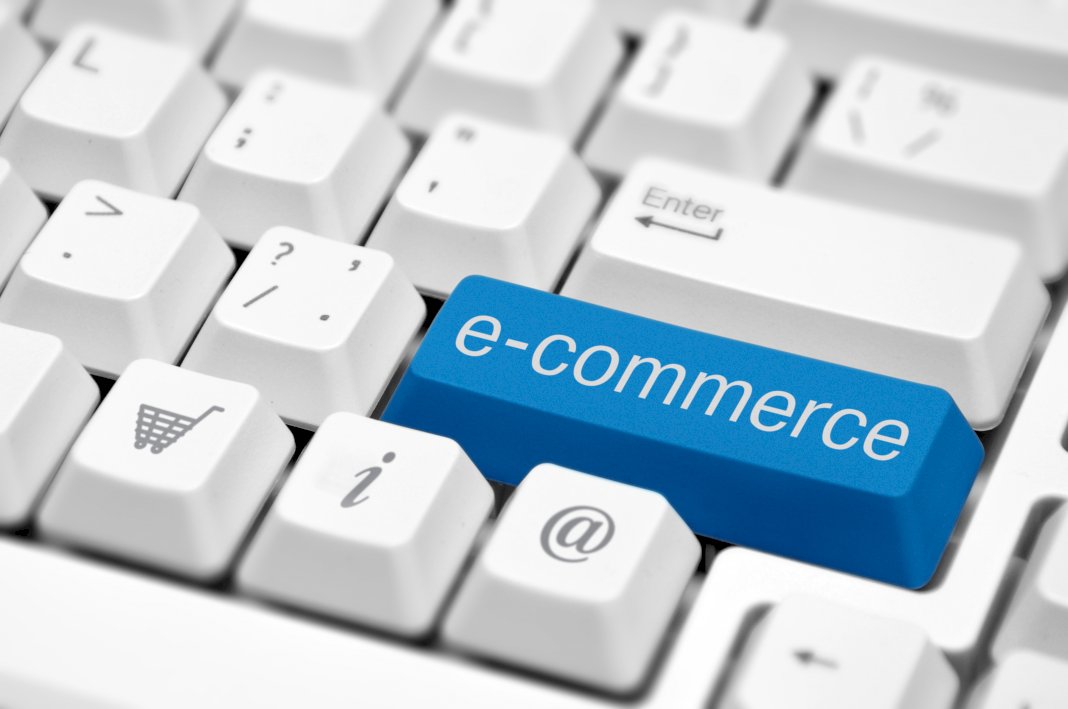- Inventory management software streamlines processes prevents overstocking and understocking, and integrates with accounting, e-commerce platforms, and shipping carriers.
- Utilizing chatbots enhances customer service, offering instant support, personalized shopping experiences, and multilingual communication.
- Logistics tools like BI allow real-time monitoring and analysis of supply chain data, improving efficiency and customer satisfaction.
- Technology tools, like inventory management software, chatbots, and BI, enable e-commerce businesses to make data-driven decisions and stay competitive.
As an e-commerce business owner, you already know that technology is your best friend. In an industry that is constantly evolving, technology helps you stay ahead of the game by automating your processes, increasing your reach, and providing a better user experience for your customers. This article will discuss some of the most efficient ways to leverage technology as an e-commerce business owner.
Manage Inventory With Management Software
Inventory management software is an indispensable tool for any e-commerce store. It helps you keep track of your stock levels in real time and can even predict when you might run low on certain products. This prevents overstocking, understocking, and, ultimately, lost sales. An inventory management system can integrate with the following:
Accounting Software
Integrating your inventory management system with your accounting software can streamline your business operations significantly. It allows automatic updating of your books whenever a sale is made, ensuring your financial records are always up-to-date. This integration aids in reducing manual data entry errors, improving accuracy in financial reporting, and providing real-time insight into sales and expenses. Thus, it enables you to make informed decisions, manage cash flow better, and strategize for future growth.
E-Commerce Platforms
Having a seamless integration between your inventory management system and your e-commerce platform is crucial for maintaining accurate stock levels and fulfilling orders efficiently. This integration can automatically update stock levels on your online store whenever a sale occurs, preventing overselling of products that are out of stock. Additionally, it can also update your inventory when you receive new stock. This synchronization provides a smooth shopping experience for your customers and lets you manage your inventory more effectively.
Shipping Carriers
An integration with shipping carriers can offer significant advantages by streamlining your shipping process. The automated system can instantly generate shipping labels, track deliveries, and update customers with real-time shipping information. This not only reduces manual tasks but also enhances your customer’s shopping experience with timely updates and tracking services. Optimizing your shipping process can potentially lead to higher customer satisfaction, encouraging repeat purchases and customer loyalty.

Invest in a Chatbot for Customer Service
Today’s customers expect instant support, and chatbots can help you deliver on this expectation. A chatbot is a pre-programmed AI tool that can answer frequently asked questions, provide product recommendations, and even take orders. A well-programmed chatbot can handle multiple customer queries simultaneously, thereby freeing up your staff’s time for more complex issues. Here are some factors to consider:
Integration with Messaging Platforms
Integrating your chatbot with popular messaging platforms, such as Facebook Messenger or WhatsApp, can expand your reach and connect you with customers on their preferred platform. This not only improves customer convenience but also promotes a more personalized shopping experience.
Customizable Workflows
A customizable workflow allows you to program specific responses and actions for different types of customer queries. This ensures that your chatbot can handle a wide range of inquiries, from simple FAQs to more complex issues. Additionally, you can also set up escalation procedures if the chatbot is unable to resolve an issue, ensuring prompt and efficient customer service.
Multilingual Capabilities
If your e-commerce business caters to a global audience, having multilingual capabilities in your chatbot can be extremely beneficial. It allows you to communicate with customers in their preferred language, providing a more personalized experience and reducing language barriers.

Invest in Business Intelligence for Logistics
A game-changer in the realm of logistics for e-commerce businesses is the use of business intelligence (BI). It allows for real-time monitoring and analysis of supply chain data.
With the help of this, e-commerce businesses can make informed decisions about their logistics, from inventory stocking to shipping practices. This fosters efficient operations and enhanced customer satisfaction, both of which are critical for success in the competitive e-commerce industry.
Furthermore, BI can also provide valuable insights into customer behavior, such as purchasing patterns and preferences. This information can be used to tailor marketing strategies and promote personalized offers, further enhancing the customer experience.
Technology has transformed the e-commerce industry, and as a business owner, you need to keep up with the latest trends to stay competitive. By leveraging inventory management software, chatbots, and logistics tools, you can streamline your processes, improve customer service, and make data-driven decisions for the success of your e-commerce business. So don’t wait any longer. Start implementing these efficient ways to leverage technology today.


